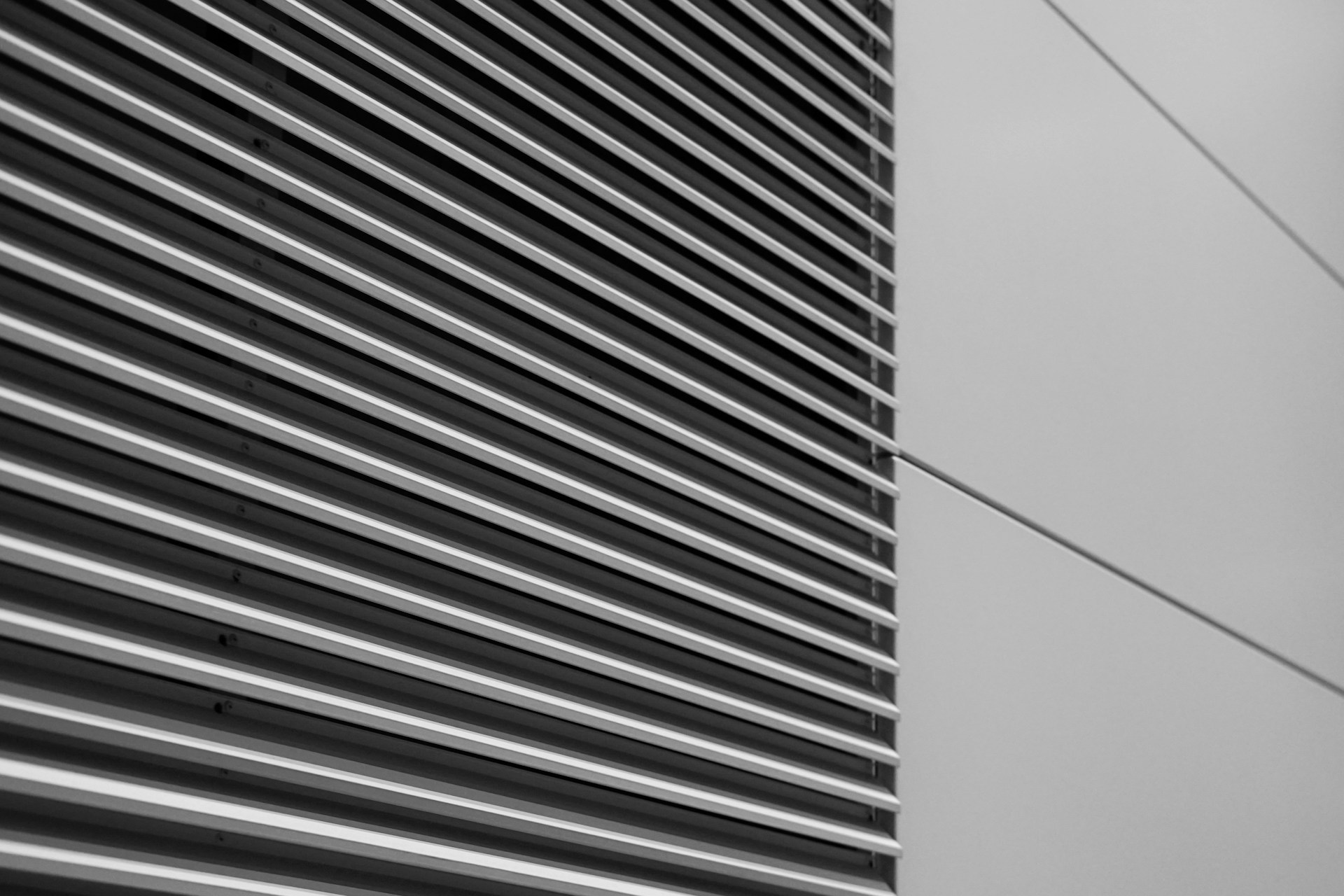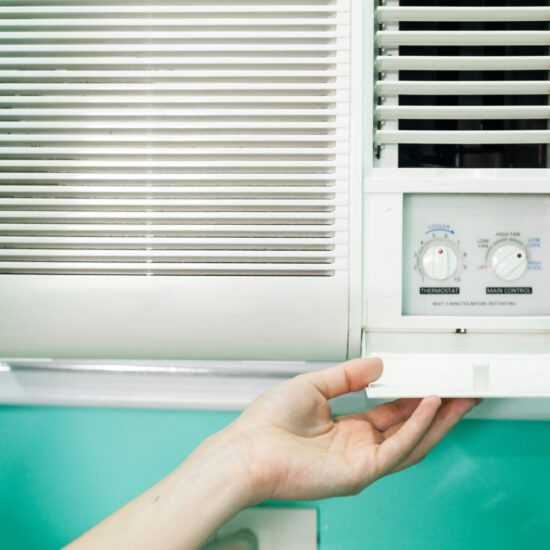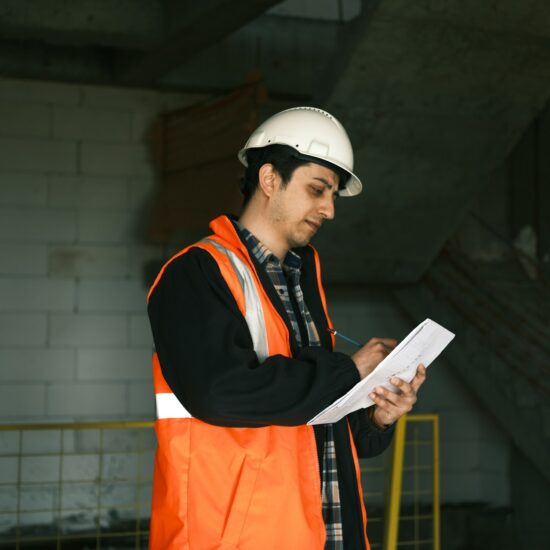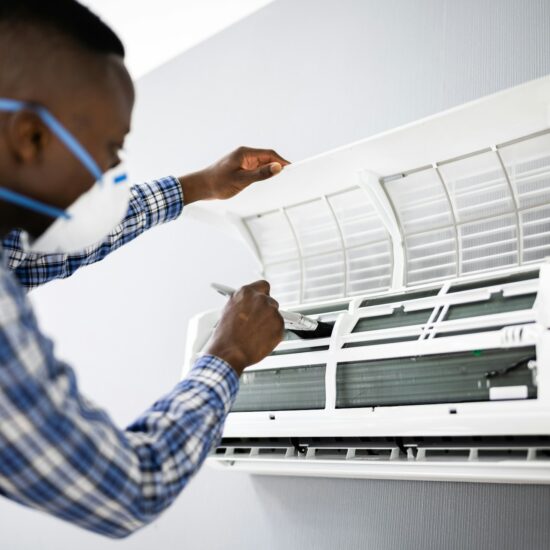Regular HVAC filter replacement is essential for maintaining efficient airflow and indoor air quality. You should replace your HVAC filter every 1 to 3 months, depending on usage and filter type. Neglecting this simple task can lead to increased energy bills and potential damage to your system.
Choosing the right filter is crucial. Options vary in efficiency, lifespan, and cost. Understanding the specifications can help you make an informed decision that best suits your home.
Paying attention to your HVAC filter will not only prolong the life of your system but will also contribute to a healthier living environment.
Understanding HVAC Filters
HVAC filters play a crucial role in maintaining indoor air quality and system efficiency. Recognizing the different types of filters, their ratings, and the importance of regular maintenance can enhance your HVAC system's performance.
Types of HVAC Filters
There are several types of HVAC filters available to suit various needs.
- Fiberglass Filters: These are the most basic and cost-effective options. They trap larger particles but have a shorter lifespan and lower efficiency.
- Pleated Filters: Made from polyester or cotton, these filters have a larger surface area, allowing greater particle capture and longer use.
- HEPA Filters: High-Efficiency Particulate Air (HEPA) filters are among the most efficient, capturing up to 99.97% of particles 0.3 microns and larger. They are ideal for environments with pollutants.
Your choice of filter should consider your specific air quality needs and HVAC system compatibility.
MERV Ratings Explained
MERV, or Minimum Efficiency Reporting Value, measures a filter's ability to capture particles. Ratings range from 1 to 20, indicating their effectiveness.
- MERV 1-4: These filters capture larger dust particles and are suitable for residential use where basic filtration is adequate.
- MERV 5-8: These filters capture smaller particles, including dust mites and mold spores, making them ideal for allergy sufferers.
- MERV 9-12: These are designed for improved air quality, capturing microscopic allergens.
- MERV 13-16: Suitable for hospitals or industrial applications, these filters can trap viruses and bacteria.
Understanding MERV ratings allows you to select filters that meet your space’s air quality requirements.
The Importance of Filter Maintenance
Regular maintenance of your HVAC filters is essential for system efficiency and indoor air quality. Replacing filters as per the manufacturer’s recommendations ensures optimal airflow, reducing energy usage.
A dirty filter can significantly impede airflow, causing your HVAC system to work harder, which may result in higher energy bills.
Regular maintenance not only extends the life of your HVAC system but also contributes to a healthier living environment by minimizing allergens and pollutants in the air.
Step-By-Step Filter Replacement Guide
Replacing your HVAC filter is essential for maintaining good air quality and system efficiency. Follow these straightforward steps to ensure you replace your filter correctly.
Determining the Right Filter Size
Finding the correct filter size is crucial for effective filtration. Start by checking the filter dimensions listed on the existing filter's frame. Typically, this information can be found printed on the side or back of the filter.
If the filter is missing, look inside the filter cabinet. Measure the width, height, and depth with a tape measure. It’s essential to use the right size to prevent air leakage and ensure optimal performance.
When purchasing a new filter, confirm that it matches these dimensions, as filters come in various sizes.
Removing the Old Filter
Before removing your old filter, turn off your HVAC system using the thermostat. This prevents any debris from circulating while you work. Open the filter slot by removing the cover or panel if necessary.
Gently pull the old filter out of the filter cabinet. Be cautious, as a clogged filter may be fragile and can break apart, releasing dust and allergens. Inspect the filter for significant dirt buildup, indicating it needs replacement.
Installing the New Filter
Take your new filter and verify that it matches the size and type of the old one. Insert the new filter into the filter slot with the airflow arrows pointing in the correct direction. This ensures that air flows through the filter as intended, maximizing its efficiency.
Ensure the filter fits snugly into the cabinet without gaps. If the filter is loose, replace it with the correct size. After securing the filter, replace any covers or panels you removed earlier.
Finally, turn your HVAC system back on at the thermostat. Confirm that it operates smoothly.
Proper Disposal of Used Filters
Used HVAC filters can contain dust, pollen, and microbes, necessitating proper disposal. Place the old filter in a plastic bag to contain any particles. Seal the bag tightly to prevent leaks during disposal.
Dispose of the sealed bag in your household trash. Avoid burning filters, as they may release toxins. If your filter is made from reusable materials, consult your local regulations on recycling options available.
Importance of Regular Filter Changes
Regularly changing your HVAC filters is essential for maintaining indoor air quality, system efficiency, and overall comfort in your home. Addressing these areas helps to ensure a healthier living environment while optimizing the performance of your HVAC system.
Air Quality and Health Benefits
Changing your air filters frequently can significantly improve indoor air quality. Accumulated dust, pollen, pet dander, and mold can worsen allergies and asthma. By replacing filters, you reduce the number of airborne particles in your home, promoting a healthier atmosphere.
Effective filters capture a higher percentage of pollen and smoke, reducing irritants in your environment. This is particularly important for homes with smokers or pets, where allergens may be prevalent.
Impact on HVAC System Efficiency
Dirty filters force your HVAC system to work harder, which can lead to increased energy consumption. Clogged filters restrict airflow, making it less efficient in cooling or heating your space. You may notice that your system struggles to maintain temperature levels.
Frequency of Filter Changes
The frequency of changing HVAC filters can depend on various factors. General guidelines suggest replacing filters every 1 to 3 months. If you have pets or live in a high-pollen area, consider changing filters monthly.
Using high-efficiency particulate air (HEPA) filters can improve performance but may require more frequent changes. Regular vacuuming can also reduce the burden on your filters. Adjusting your change schedule based on specific conditions helps keep your air clean and your system efficient.
Additional Filter Maintenance Tips
Cleaning Reusable Filters
If your HVAC system uses washable filters, you should clean them every 1-3 months. Begin by removing the filter from its slot, carefully inspecting it for dirt buildup. Use a vacuum or a damp cloth to remove dust and grime. Rinse the filter thoroughly under lukewarm water and avoid harsh chemicals. Ensure it is completely dry before reinserting it to prevent mold growth.
Scheduling Regular HVAC Maintenance
Scheduling regular maintenance appointments for your HVAC system is crucial - you should aim for a professional inspection at least once a year. A technician can perform filter inspections, check your air handler unit, and ensure all components function optimally.
During these appointments, discuss the condition of your filters and any signs of poor system installation. Addressing these factors early can prevent larger issues and extend system lifespan. Create a maintenance calendar and include filter replacement reminders to streamline this process and ensure your home air filters remain effective.
Addressing Common Filter Issues
Common issues with HVAC filters include clogging and improper installation. Clogged filters restrict airflow, leading to increased energy costs and decreased performance. You should regularly check your filters, especially during peak usage months.




